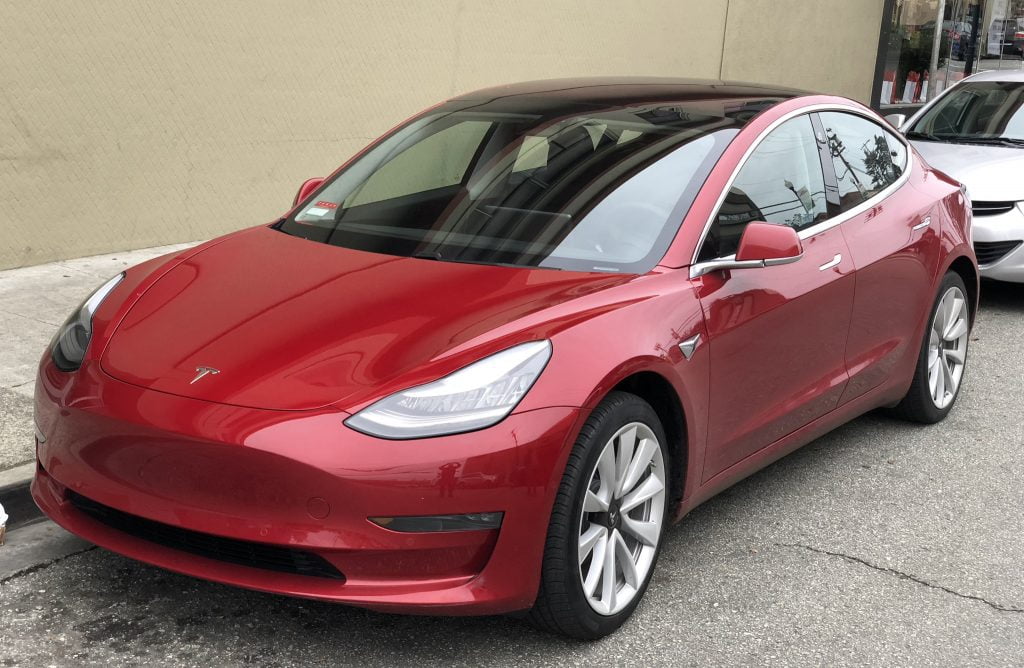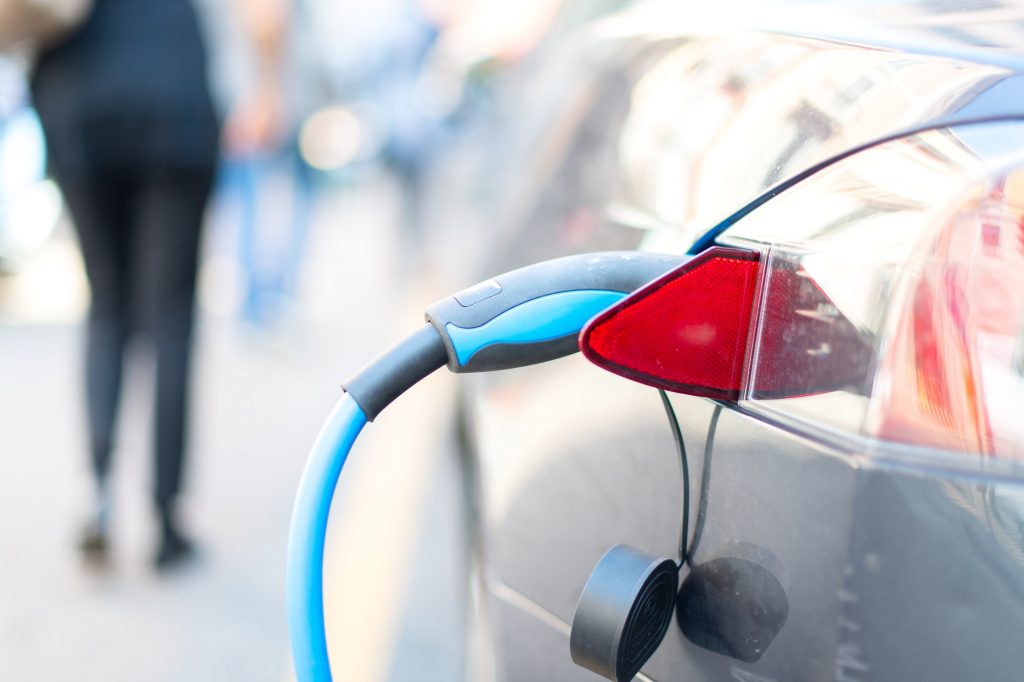With the rapid increase in the number of electric cars, car companies are worrying about what they can still earn in the future. Electric cars are virtually maintenance-free.
In December, 30 percent of all new cars were electric. Last month, the Tesla 3 was the best-selling car in the Netherlands. Although those sales peaks are strongly driven by the business lease drivers who search for the cheapest cars, the trend is unmistakable. A Tesla only needs a 'turn' every 80.000 kilometers. Other electric cars do not have to go to the garage for regular maintenance as often. No oil goes in, the number of moving parts is much lower, there is no coolant, no spark plugs, there is hardly any wear on the brakes and, for example, there are no timing belts. Only the tires wear faster because of the heavy batteries and the strong power of the electric cars.
Branch organization Bovag thinks that by 2025, 25 percent of new cars will already be electric. Five years later, even 75 percent. In 2030 there will be 1,5 million electric cars in the Netherlands in the Bovag scenario. Bovag predicts a 6 percent drop in turnover for car companies involved in the sale and maintenance of cars up to 31 years old.
An average motorist now spends about 520 euros a year on maintenance. The occasional maintenance of an electric car is no more expensive than 165 to 300 euros. Car companies can no longer depend solely on car sales and maintenance and are therefore looking for alternative revenue models. Some dealers are starting to sell electric motorcycles, electric bicycles and have installed fast charging stations at their company. The sale of solar panels and heat pumps can also be considered.
Also read:
Tesla Model 3 is the best-selling car in the Netherlands in the month of June 2019



